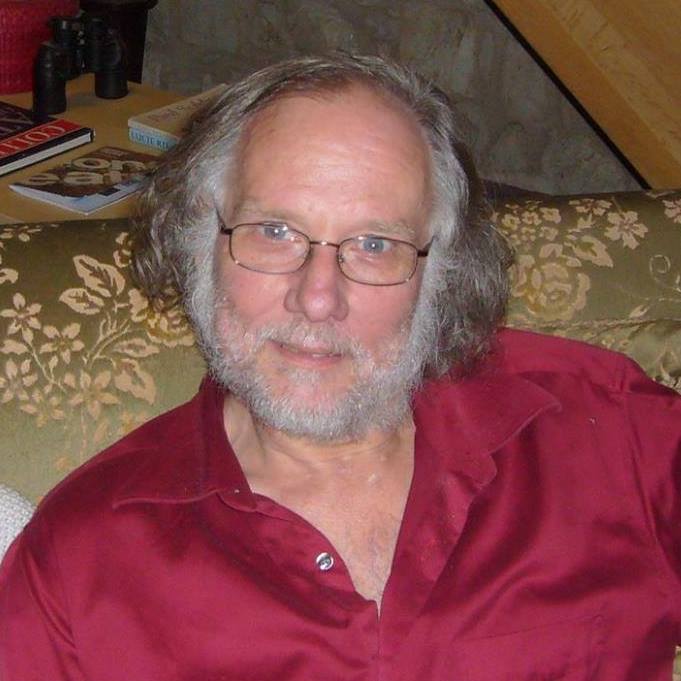Robert J Hankinson
Stoic Materialism and the Metaphysics of Powers

Stoic metaphysics is resolutely, hard-headedly materialistic. Only bodies can do (or undergo) things; and to that extent, all causal interaction is reducible to physical interaction, modelled ultimately on collision. Yet their metaphysical schema allows more than merely bodies into their ontology. Existence is restricted to physical entities; but these are subsumed under a larger and more general heading, which they label ‘something’: and it is possible to be something without actually existing. This latter category includes (although it may not be restricted to) the ‘incorporeals’, canonically four in number – place, void, time, and the so-called ‘sayables’, or lekta. The status and role of the latter is both particularly important and peculiarly difficult to pin down. But at the very least, they figure in properly-formalized causal analysis. How they are supposed to be able to do this when in no real sense for the Stoics can they do anything at all is the main focus of this paper. But in order to get there, we will need to look at what the Stoics say about their fundamental principles (archai), the active and the passive (which are firmly corporeal), and their relation both to one another, and to the physical elements of fire and air, earth and water. In particular we need to try and make sense of their commitment to the total material interpenetration of the active and the passive, which appears to entail that more than one distinct body can occupy precisely the same space; and to their (related) insistence that powers are in fact bodies. The question is this: can the Stoics’ extreme causal materialism be made consistent with their commitment to the idea that causal explanation involves the intrusion non-material lekta? What role can they fulfil, if it is not (as it apparently cannot be) a causal one? Entirely related issues become salient too regarding the question of their role in the transmission of information and the explanation of human, rational action.
**Click here to listen to the talk**



